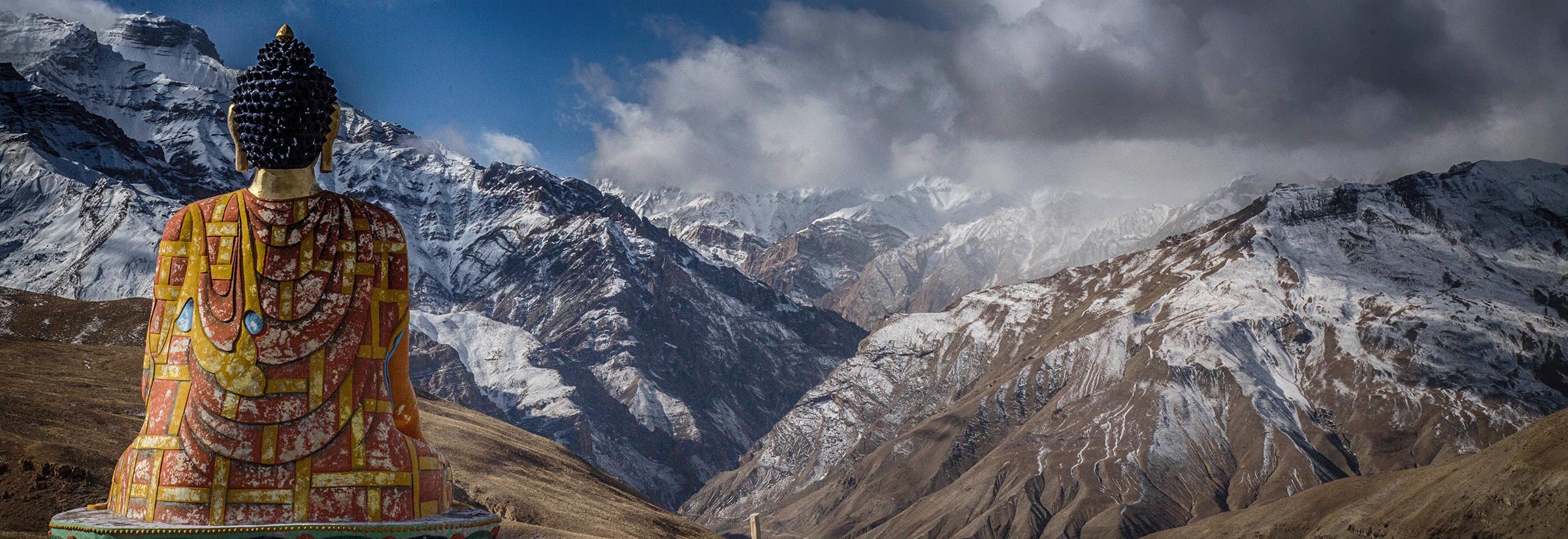
About
This ERC-funded research project focuses on film tourism: the phenomenon of people visiting locations from popular films or TV series. Recent years have seen explosive growth in this type of tourism, with far-reaching implications for the experience and organization of landscapes. The aim of this project is to discover why and under what circumstances films or TV series give rise to new tourism flows, and which variations can be found based on the specific characteristics of the films and TV series, local approaches to film and tourism and the tourists involved.

COMPARATIVE APPROACH
Film tourism has received a growing amount of attention from scholars in various academic disciplines. However, the existing knowledge about this phenomenon is still highly fragmented and mostly based on individual case studies from Western countries. This project aims to be the first in which an international comparative approach will be conducted, involving an analysis and comparison of film tourism in five countries of varying size and wealth from different continents. By investigating commonalities and differences, we intend to highlight how media stimulate the geographical imagination and literally ‘move’ their audiences in a variety of contexts. The research is based on a combination of qualitative content analysis, ethnographic fieldwork and experimental methods, such as cultural mapping and the respondent video journal.

GEOGRAPHICAL IMAGINATION
Starting point for this project is the hypothesis that every person possesses a geographical imagination: a cohesive picture of places, regions and countries. The construction of this geographical imagination is increasingly reliant on media images. This development has led to a widespread desire for a personal, unmediated experience of lieux d’imagination: actual locations that can serve as material validation. What we are asserting in this project is that the emergence of these lieux d’imagination is not an univocal process, but involves significant variations depending on, amongst other, cross-cultural differences in the current global society.
HIGHLY INNOVATIVE
This project is highly innovative in at least four ways. Firstly, its international comparative approach delivers a fundamental contribution to a growing but fragmented field of research. Not only does this approach challenge the Western bias of film tourism studies, it also, for the first time, brings the often uneven global politics of film tourism to the fore.
Secondly, this project delivers a theorization of the role and importance of the imagination, a universal given and probably unique human quality, but one that has been largely under the radar of social and cultural scientists.
Thirdly, this project is innovative in terms of method. Based on an multidisciplinary approach, it combines new methods such as cultural mapping with more traditional methods as participant observation and interviewing.
Finally, this project offers an analysis of the growing influence of popular media culture on perceptions of belonging and related notions of local, regional or national identity in a globalized world. This theme is not only theoretically relevant but also of practical use for cultural heritage institutions and other stakeholders on tourism and culture.
Team
More information on the Worlds of Imagination Team can be found on the Researchers page.
Sub-Projects
More information on the Worlds of Imagination Projects can be found on the projects page.


